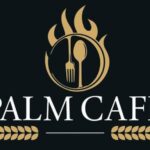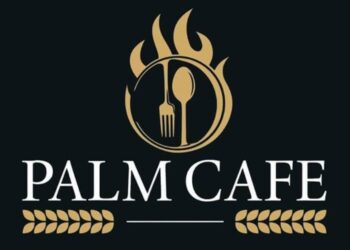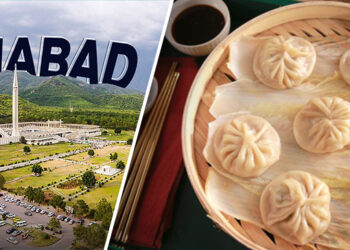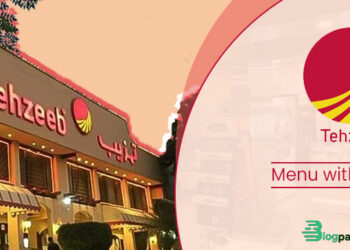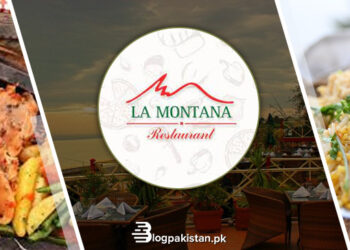A low-carb, high-protein diet offers several benefits, including weight loss, improved body composition, enhanced average glucose levels, better heart health, and bone health.
There are countless foods that offer high protein while adding less carbs to your body. Here are some popular options that you can consider.
List of Protein-Rich Foods
Here are some popular protein rich foods in Pakistan with low carbs:
1. Almonds
Almonds are packed with nutrients. They contain about 4 grams of fiber per ounce, more than any other nut. With their healthy fats and plant-based protein, they make for an incredibly satisfying and nutritious snack.
Almonds are also a great source of vitamin E, a powerful antioxidant that fights inflammation and supports healthy skin, nails, and hair. You can enjoy them on their own or sliced in salads and other dishes.
In a serving of 23 almonds (1oz), you get 164 calories, 6g carbs, 4g fiber, and 6g protein.
2. Broccoli
Broccoli is a vegetable powerhouse. It’s rich in vitamins, minerals, and antioxidants, making it an excellent high-protein vegetable. You can prepare broccoli in various ways, including steaming, boiling, frying, and even roasting for a delightful twist.
One cup of raw broccoli provides almost 2.6 grams of protein along with essential nutrients like folate and potassium, all for just 31 calories per cup.
3. Cauliflower
Cauliflower is another low-calorie, high-protein vegetable. It’s also low in carbs and packed with essential vitamins and phytochemicals. You can enhance your salads by adding chopped cauliflower, or season it with paprika and garlic powder and roast it to perfection.
Additionally, riced cauliflower serves as a fantastic low-carb substitute for traditional rice. One cup of chopped cauliflower contains 5.3 grams of total carbs, and 2.1 grams of protein. It also provides 320 mg of potassium.
One cup of chopped cauliflower boasts 27 calories and 2 grams of protein.
4. Chicken
Chicken breast is a lean source of protein, especially when the skin is removed. A 136-gram skinless chicken breast offers approximately 26g of protein. Rotisserie chicken is a cost-effective and low-sodium option. If you opt for skin-on rotisserie chicken, just remove the skin before enjoying it in salads, soups, stews, or stir-fries.
Chicken is a natural source of selenium, which supports immunity.
In 3 oz., breast you get 0g carbs, 0g fiber, and 24g protein.
5. Cottage Cheese
A half-cup of low-sodium cottage cheese delivers a substantial 20g of protein, making it an ideal choice for high-protein, low-carb breakfasts.
You can enhance the nutrition by adding some berries for extra fiber.
Nutrition facts (Good Culture Low-Fat Classic, 5.3 fl. oz.) contains 3g total carbs, and 19g protein.
6. Hard Boiled Eggs
Eggs are a fantastic protein source that’s both economical and versatile. They are also rich in choline, a nutrient important for memory, mood, and muscle control. Just two large eggs provide over 50% of your daily recommended choline intake.
Hard-boiled eggs are a convenient snack, and scrambled or fried eggs can complement a wide range of dishes, from avocado toast to fried rice.
1 large egg offers 70 calories, 0g carbs, and 6g protein.
7. Hemp Seeds
Hemp seeds are protein powerhouses, with around 10g in a one-ounce serving. They also contain zinc, magnesium, iron, and calcium.
These plant-based seeds are an excellent source of soluble fiber, which can improve heart health by reducing serum triglycerides and increasing good cholesterol levels (HDL).
3 tbsp of hemp seeds offer 160 calories, 3g carbs, and 10g of protein.
8. Low-Fat, Unsweetened Latte
A standard latte packs nearly 10 grams of protein, making it a quick and convenient breakfast option.
Milk, constituting 80% water and loaded with minerals like calcium and potassium, aids in hydration. Opt for unsweetened varieties whenever possible and avoid excessive sugary syrups.
In 1 serving (225ml) of unsweetened latte offers 100 calories, 9g carbs, and 6.5g protein.
9. Pistachios
Pistachios are a protein-rich nut, containing filling fiber, antioxidants, and sleep-promoting tryptophan.
They are an excellent snacking choice, and shelling them can help with portion control.
1 ounce of Pistachios offers 159 calories, 8g carbs, and 6g protein.
10. Peanut Butter
Peanut butter is a versatile and nutritious food, offering 8 grams of plant-based protein in a 2-tablespoon serving. Nuts are also a source of heart-healthy monounsaturated fats.
When choosing peanut butter, look for options with less than 140mg of sodium per serving and no added sugar, with peanuts and salt as the primary ingredients.
In a 100g portion of peanut butter you get 22g of carbs and 22.5g of protein.
11. Roasted Chickpeas
Chickpeas are rich in prebiotic fiber, which supports the growth of beneficial probiotics and offers long-term immune benefits.
Fiber also slows down digestion, promoting a feeling of fullness and stable energy levels. Chickpeas are incredibly versatile, whether enjoyed as a snack or added to salads for a protein boost.
15 ounces of roasted chickpeas offers 17g carbs, and 6g proteins.
12. Sunflower Seeds
Sunflower seeds contain valuable antioxidants associated with improved cognitive function and heart health, as well as a reduced risk of dementia.
In the short term, they provide healthy fats, protein, and fiber between meals. Sunflower seed butter is also gaining popularity as an allergen-friendly alternative to peanut butter, making it an excellent high-protein, low-carb food.
In a 1 ounce serving of Sunflower Seeds, you get 5.5 grams of protein, and 6.5 grams of carbs.
Visit Shahra e Food for more food facts, news, deals, best restaurants, and more.



